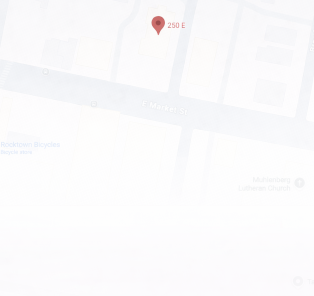It may be an exaggeration to say that everyone uses social media, but not by much. According to a recent Pew Research study of adult Americans who use the internet:
- 79% use Facebook
- 32% use Instagram
- 31% use Pinterest
- 29% use Linkedin
- 24% use Twitter
Many of us don’t think twice before posting a new item to share about our life with our friends and family, but if you have sustained an injury and have a current car accident claim, what is available on your social media site could be damaging to your case.
An Adversarial Procedure
Just as you expect your personal injury lawyer to aggressively protect your interests in achieving a resolution that maximizes your recovery, it is important to understand that the insurance company adjuster and defense attorney on the other side are determined to minimize the settlement or even deny the claim altogether.
In many ways, how you present yourself as the injured plaintiff in your car accident claim can determine the outcome. As your case proceeds, you may be questioned at a deposition, during which your credibility and demeanor will be on display. But the defense will also conduct private investigations almost immediately upon the filing of the claim, and these days, that starts with an internet search. Any information about you that can be found online is fair game.
Information that Could be Harmful
Perception can overshadow reality in some cases, and that can be especially true if things are taken out of context. When you post items on your social media accounts, you’re probably not too concerned with this, but if you have a pending car accident claim, be careful.
For instance, consider the following scenarios:
- Prior injuries: if you’ve suffered some injury in the past, there is a possibility you have posted some update about your recovery on your social media page. But if that past injury is in the same or similar area as your current injury from the car accident, you open yourself to the possibility the defense will assert that you had a pre-existing condition to limit your damage award.
- Engaging in current activities: Be careful that the recent postings don’t depict you involved in physical activities that belie your claimed injuries. For example, if you claim you cannot handle the rigors of your job, and loss of income is part of your damages, your social media site should not show you dancing, playing basketball or enjoying a visit to the beach at sunset. In fact, any showing that you are enjoying life without physical suffering may cast doubt on the issue of whether you have sustained any injury at all.
Practical Considerations
Maybe your social media sites contain no harmful postings, but why take the chance? Many experienced personal injury attorneys will strongly recommend that you temporarily suspend your accounts until the resolution of your car accident claim. This seems a small price to pay in an effort to receive the best possible settlement for your damages.
Call (434) 817-3100 or complete a Case Evaluation form



